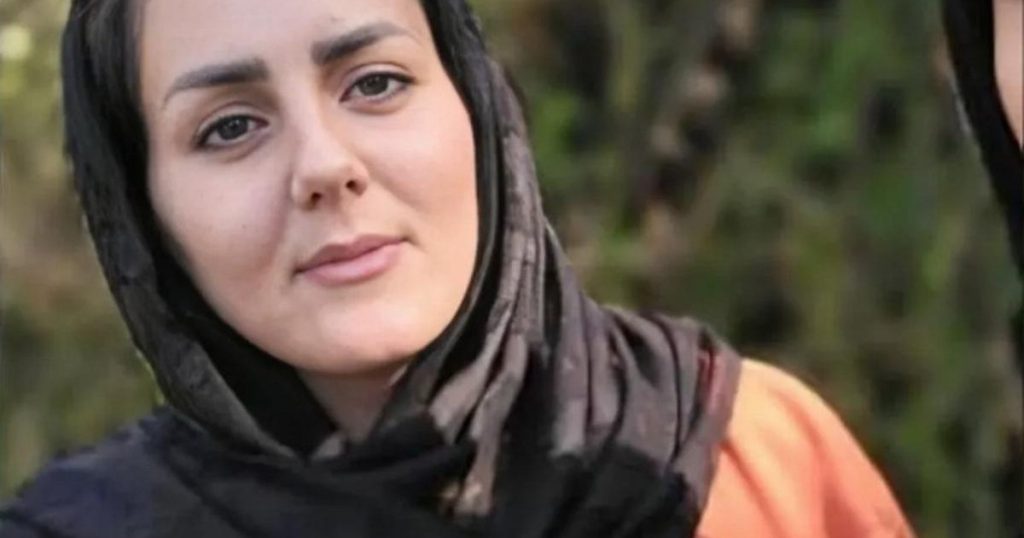The Pervasive Tragedy of Femicide in Iran: A Deep Dive into the Crisis
The Islamic Republic of Iran is grappling with a disturbing surge in femicide cases, a grim reality underscored by the recent murder of Zahra Shahbazi, a 28-year-old mother of two. Shahbazi, an employee at Ilam University, was tragically shot dead in front of her teenage son by her husband, who subsequently fled the scene. The motive behind this horrific act is reportedly linked to the husband’s drug addiction, fueled by selling Shahbazi’s jewelry. This incident is not an isolated case; it forms part of a larger, alarming pattern of violence against women in Iran, highlighting the urgent need for societal and legal reforms. Shahbazi’s forced marriage at the tender age of 14 adds another layer of complexity to her story, exposing the vulnerability of young girls within the context of traditional practices. Her untimely death leaves two young children orphaned, a stark reminder of the devastating human cost of femicide.
The opening weeks of 2025 have witnessed a spate of femicide reports, painting a bleak picture of the situation for Iranian women. Kosar Darabi, an 18-year-old from Kermanshah, met a similar fate, shot by her husband after enduring months of physical abuse following a forced marriage. Similarly, Sara Karami, a mother and divorcee, was found dead in her home in Saqqez, bearing signs of strangulation and head trauma. These cases, along with numerous others, point to a systemic issue of violence targeting women, often perpetrated by their husbands or former partners. The methods employed are often brutal, ranging from shootings and strangulations to more extreme forms of violence like burning and decapitation. The sheer brutality of these crimes underscores the deep-seated misogyny and disregard for women’s lives that fuels this crisis.
The statistics paint a chilling picture. According to Stop Femicide in Iran (SFI), 93 cases of femicide were documented in the first half of 2024 alone, a staggering 60% increase compared to the same period in 2023. This significant rise indicates a worsening trend, demanding immediate attention and action from authorities and civil society alike. The prevalence of husbands and ex-partners as perpetrators points to the dangers lurking within intimate relationships, often masked by societal expectations and power imbalances. The alarming upward trend suggests that existing legal and social protections are insufficient to address the root causes of this violence and safeguard women effectively.
The concept of "honor killing" adds a further dimension to this complex issue. Defined as the murder of a woman or girl by male family members under the pretext of restoring family honor, this practice is often rooted in deeply ingrained patriarchal beliefs and traditions. Accusations leading to these killings can range from refusing to wear the hijab to seeking a divorce or rejecting a marriage proposal. These seemingly minor transgressions, viewed through the distorted lens of honor, can result in extreme violence, highlighting the precarious position of women within a system that prioritizes male control and authority. The notion of honor itself becomes a weapon, used to justify the subjugation and ultimately, the elimination of women who dare to challenge these rigid societal norms.
Experts and activists identify Iran’s patriarchal society, deeply influenced by Islamic law, as a primary driver of femicide. This societal structure often perpetuates gender inequality, granting men disproportionate power and control over women’s lives. The mandatory hijab, while presented as a religious obligation, becomes a symbol of this control, with non-compliance potentially resulting in fatal consequences. The limited legal recourse available to women seeking divorce or escape from abusive relationships further exacerbates their vulnerability. The lack of adequate support systems and the social stigma surrounding divorce can trap women in dangerous situations, leaving them with few options and little hope of escape.
Marjan Keypour, founder of SFI and a seasoned human rights activist, emphasizes the urgent need for collective action to address this crisis. She calls for heightened awareness, advocacy for justice, and concrete measures to protect women’s rights. The alarming rise in femicide necessitates a comprehensive response, involving legal reforms, improved law enforcement, and societal shifts in attitudes towards women. Keypour’s call to action underscores the imperative of breaking the cycle of violence and creating a society where women are valued and safe. Her plea serves as a reminder that every life lost to femicide represents a tragic failure of the system and a profound loss to the community. The fight against femicide is a fight for human rights, demanding a united front to dismantle the structures that perpetuate violence and ensure a future where women can live free from fear.











